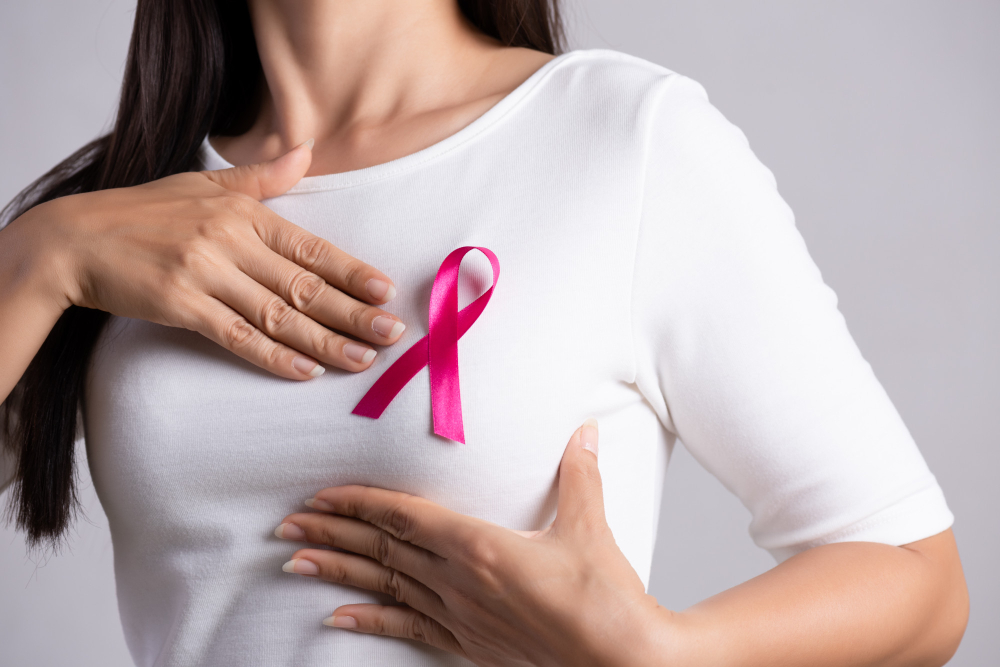What is Breast Cancer?
Breast cancer is a disease where cells in the breast grow out of control. These cells can form a lump or mass. Sometimes, the cancer spreads to other parts of the body. Breast cancer is one of the most common cancers in women worldwide. However, men can get it too, though it is rare. Early detection often leads to better outcomes. According to the World Health Organization, breast cancer affects millions each year. Because of this, knowing the basics can help you stay aware and healthy.
Common Symptoms of Breast Cancer
It is important to know the signs of breast cancer. Early symptoms may be mild or easy to miss. Still, noticing changes can help you seek care sooner. Watch for these common symptoms:
Sometimes, these signs are not due to cancer. Even so, you should always check with a doctor if you notice any changes.
Causes and Risk Factors
Doctors do not know the exact cause of breast cancer. Yet, some factors can raise your risk. Knowing these can help you make healthy choices. Here are some common risk factors:
Still, some people with no risk factors get breast cancer. Others with many risk factors may never develop it. Because of this, regular screening is important for everyone.
How Breast Cancer is Diagnosed
Doctors use several tests to find breast cancer. Early diagnosis can save lives. If you notice symptoms or have a family history, talk to your doctor. Here are common ways breast cancer is diagnosed:
After diagnosis, doctors may do more tests to see if the cancer has spread. This helps them plan the best treatment for you.
Treatment Options for Breast Cancer
Treatment for breast cancer depends on the type and stage. Your doctor will discuss the best plan for you. Here are common treatment options:
Some people need just one type of treatment. Others may need a mix. Side effects can happen, but your care team can help manage them. New treatments are always being studied to improve outcomes.
Prevention and Lifestyle Tips
While you cannot control all risk factors, you can lower your risk with healthy habits. Here are some tips to help prevent breast cancer:
Even small changes can make a difference. Because of this, start with one or two healthy habits and build from there.
When to See a Doctor
If you notice any changes in your breasts, do not wait. Make an appointment with your doctor right away. Early action can lead to better results. You should also talk to your doctor about your risk if you have a family history of breast cancer. Regular check-ups and screenings are key to staying healthy.
In summary, breast cancer is a serious but treatable disease. Early detection, healthy habits, and regular care can help you stay well. Consult a healthcare professional at Sparsh Multi-Speciality Hospital for personalized advice on breast cancer.

